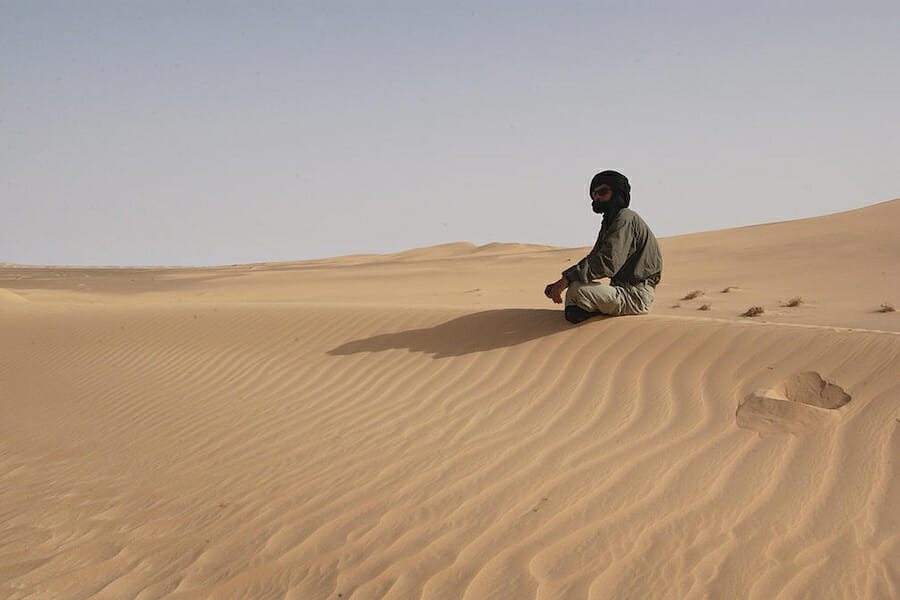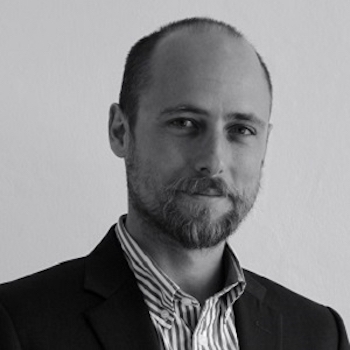
Renewed Attention over Refugee Camps in Western Sahara
International attention over precarious living conditions in the refugee camps of Western Sahara has been growing in the past few weeks. It started last month with the visit of the United Nations High Commissioner for Human Rights, Navi Pillay. During her tour in Morocco and Western Sahara, Pillay voiced her concern with respect to ongoing practices such as the use of torture in Western Sahara. Since then, international delegations have been flooding into the desert region.
Last week there was a three-day visit by a commission of Spanish parliamentarians to Sahawari refugee camps. Following that, the British parliament took it upon itself to call the attention of the government to the state of human rights in the occupied territories of Western Sahara. A member of the British Conservative Party, MP Stephen Mosley, wrote to the Minister of State for Foreign and Commonwealth Affairs, calling him to take action regarding the recent reports of human rights violations in Western Sahara. This was motivated partly by news of Morocco’s crackdown against demonstrations in the area that left several people injured. In addition, this week there will be a visit from a delegation of the Colombian Senate.
Throughout their three-day stay, the delegation will visit Saharawi national institutions and meet with officials. They are also expected to visit the Moroccan “Wall of Shame” that separates the people of the Saharawi Republic from what they claim to be their territory.
The series of visits and the rise in international attention are not happening by chance. The Western Saharan acting government knows that their battle cannot be fought alone. They know they need international support to gain and recognize independence. Recently, the Polisario Front representative to the UN, Mr. Boukhari Ahmed, has called upon the UN Security Council to assume its responsibility to settle the Sahawari issue. He denounced Morocco’s obstruction to the organization of a self-determination referendum in occupied Western Sahara.
The Sahawari have been demanding a referendum for years. Yet, little is being done toward the organization of a referendum partly due to the millions of dollars in international investment poured into the phosphate mines of the region. This week, Western Sahara Resource Watch published a “complete report listing all the clients, volumes, values and shipments relating to Morocco’s exports of phosphate rock” from Western Sahara. As described in an article in All Africa, the report attributes the purchases in 2013 to ten named importers from ten different countries. Two fertilizer giants, PotashCorp (US) and Lifosa (Lithuania), alone accounted for 50% percent of all purchases. The report also notes an increase of 400,000 tones from 2012 to 2013. The total exported volume from Western Sahara in 2013 was found to be 2,2 million tones, for an estimated value of $330 million. Western Sahara Resource Watch called on all the companies involved in this trade to halt the acquisition of Western Sahara phosphate rock until a solution to the conflict is found.
The Secretary-General of the Polisario Front, Mr. Mohamed Abdelaziz, has been very outspoken about the responsibility of the United Nations in this conflict. He laments the repression suffered at the hands of the Moroccan “occupying forces,” saying, “It is regrettable to note that such repeated and escalating barbarism and brutality are carried out by Moroccan colonial power in a territory still under UN responsibility, which is yet to enjoy self-determination. It is also regrettable to note that the demands of the demonstrators are legitimate, just and in line with the UN principles, charter, and resolutions.” He called upon the UN to ensure that their legitimate rights, mainly their right to self-determination and independence, were met.
But while the Polisario Front continues to enjoy general support in Western Sahara, a number of Sahrawis have been voicing their dissatisfaction with, and opposition to, the Polisario leadership. The Polisario Front has been the only leadership in Western Sahara since 1973, and Mohamed Abdelaziz, the secretary-general of the movement, has held this position since then. Yet, the stagnating state of the conflict is creating frustration within the refugee camps, where the population is mainly young.
The division of views inside the camps has given emergence to a new group call the Youth Movement for Change (YMC), launched in February of this year. Tracking Terrorism reports that the YMC does not support the Polisario Front’s leadership, and accuses them of no longer being credible representatives of the Tindouf refugees. YMC members have stated that they wish to engage in a “truth” campaign to expose alleged corruption within the Polisario leadership.
Confused reports have been emerging about this new group, particularly in the Moroccan media. As the writer and researcher Samia Errazzouki explains, “While the Moroccan media has clung to this story as an opportunity to derail the Polisario Front, spokespersons from the Polisario Front have categorically denied the existence of such a movement. In various reports, which include video footage of the Youth Movement for Change, their members can be seen with their faces covered and can be heard denouncing what they describe as the Polisario Front’s corruption and despotism. While Moroccan media has positively covered this movement, they have ignored discussion over the fact the “Youth Movement for Change” also rejects Morocco’s position on the conflict.”
Could it be that the recent calls for international attention made by Polisario at the UN have been made as a way to offset the pressure felt within the camps? Probably, but after years of stagnation, it is unlikely that the YMC will be very satisfied with the usual rhetoric in faraway New York and a few high-level visits by well-meaning yet toothless legislators. Sahawari people want real change, and tensions are likely to keep mounting until they get it.
Tensions in the Western Sahara conflict have a tendency to put the phosphates/fertilizers industry at risk. Investors might want to watch for negative movements in the stock prices of companies such as PotashCorp.

